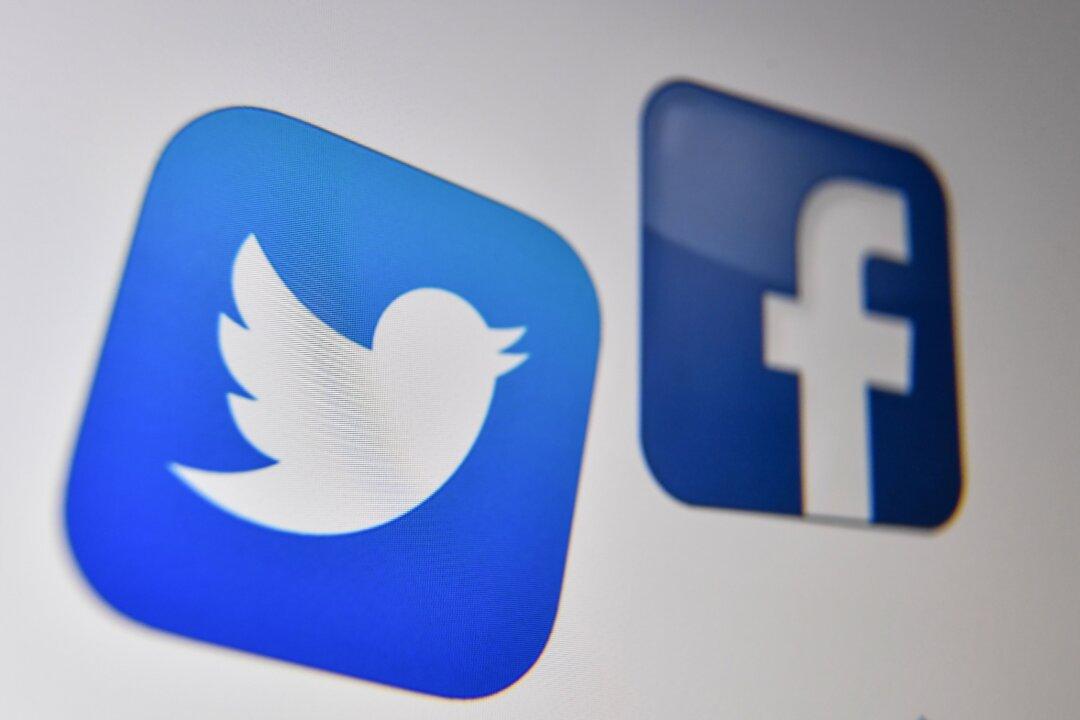A conservative nonprofit advocacy group monitoring Big Tech claims that almost all Facebook and Twitter employee and committee campaign contributions went to Democrats serving on House oversight committees.
The Internet Accountability Project (IAP) said in an April 1 statement that, based on campaign finance data compiled by opensecrets.org, Facebook and Twitter (employees and PACs) combined “contributed more than 12 times more money to Democrats (more than $5.5 million) than Republicans (less than $435,000) in 2020.”





